
UN’s Global Goals primary resource
In 2019, get inspired by the UN’s Global Goals and make some promises to help our planet…
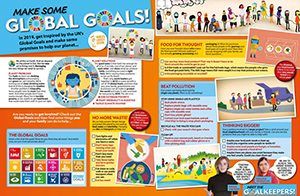 This Global Goals primary resource helps children to think about the impact of human activity on the Earth, and how this can lead to issues such as climate change, poverty, and inequality or injustice.
This Global Goals primary resource helps children to think about the impact of human activity on the Earth, and how this can lead to issues such as climate change, poverty, and inequality or injustice.
Discover the 17 UN Global Goals that world leaders devised in 2015 to help tackle these global issues. Who are the goals written for? What are the 17 goals? What kinds of promises can you make to help achieve these goals?
Pupils will also learn about various people and projects around the world that aim to provide solutions to these goals in our National Geographic Kids’ Citizenship primary resource sheet.
The teaching resource can be used as a printed handout for each pupil to review and annotate in class or to take home, for learning about the UN’s promises and choosing their own promises to pledge. It could be used for display on the interactive whiteboard for wider class discussion.
Activity: Ask children to make a poster or leaflet of the 17 goals for display in the classroom or to take home to put up in their bedrooms. Which goal/s do they think are the most important? Why? Using the suggestions in the resource, pupils could choose 10 pledges they promise to stick to, to reduce their impact on the planet.
N.B. The following information for mapping the resource documents to the school curriculum is specifically tailored to the English National Curriculum and Scottish Curriculum for Excellence. We are currently working to bring specifically tailored curriculum resource links for our other territories; including South Africa, Australia and New Zealand. If you have any queries about our upcoming curriculum resource links, please email: schools@ngkids.co.uk
As a Geography primary resource, this assists with teaching the following Key Stage 2 Geography aims from the National Curriculum:
A high quality geography education should inspire in pupils a curiosity and fascination about the world and its people
Teaching should equip pupils with knowledge about diverse places, people, resources and natural and human environments
The national curriculum for geography aims to ensure that all pupils:
-
- understand the processes that give rise to key physical and human geographical features of the world, how these are interdependent and how they bring about spatial variation and change over time.
This Science primary resource assists with teaching the following Key Stage 1 Science (Year 2) objectives from the National Curriculum:
Pupils should be taught to:
- identify that most living things live in habitats to which they are suited and describe how different habitats provide for the basic needs of different kinds of animals and plants, and how they depend on each other.
National Curriculum Key Stage 2 Science (Year 4) objective:
- recognise that environments can change and that this can sometimes pose dangers to living things.
This Science primary resource assists with teaching the following Science Studies First level objective from the Scottish Curriculum for Excellence:
-
- By exploring climate zones around the world, I can compare and describe how climate affects living things.
Scottish Curriculum for Excellence Third level Social Studies objectives:
- I can explain some of the processes which contribute to climate change and discuss the possible impact of atmospheric change on the survival of living things.
Scottish Curriculum for Excellence Fourth level Social Studies objectives:
-
-
- I can identify threats facing the main climate zones, including climate change, and analyse how these threats impact on the way of life.
- I can carry out a geographical enquiry to assess the impact and possible outcomes of climate change on a selected region and can propose strategies to slow or reverse the impact.
-
As a Geography primary resource this assists with teaching the following Social Studies First level objective from the Scottish Curriculum for Excellence:
- By exploring climate zones around the world, I can compare and describe how climate affects living things.
Download primary resource
More Like
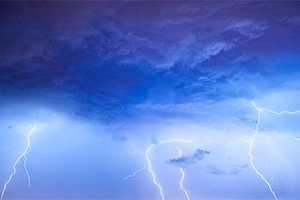
30 freaky facts about the weather!
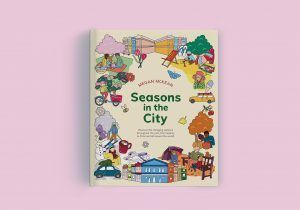
Seasons in the city
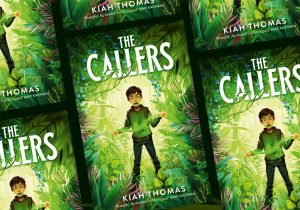
The Callers
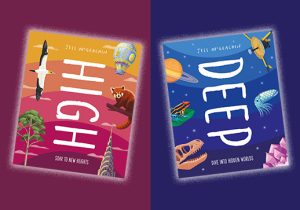









LEAVE A COMMENT
THANK YOU
Your comment will be checked and approved shortly.
WELL DONE,
YOUR COMMENT
HAS BEEN ADDED!
COMMENTS
CUSTOMIZE YOUR AVATAR